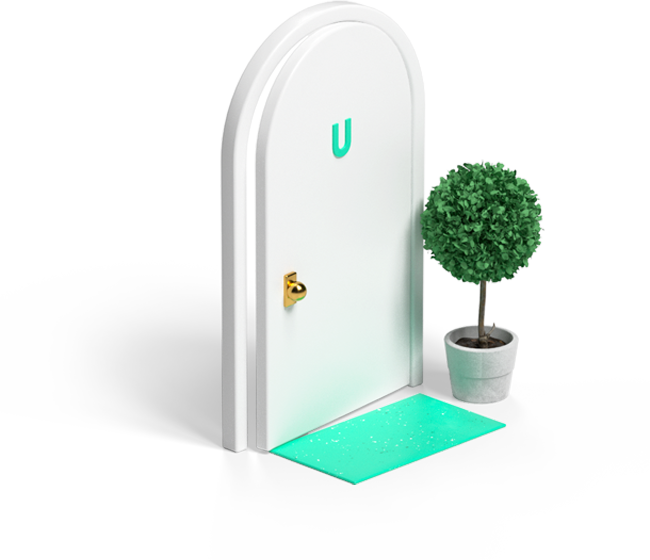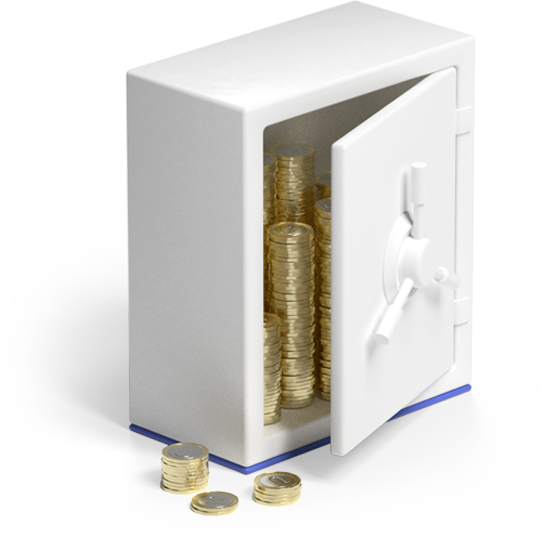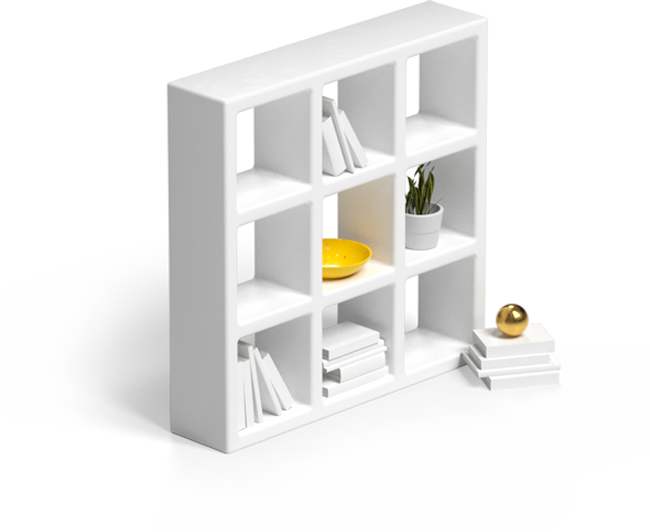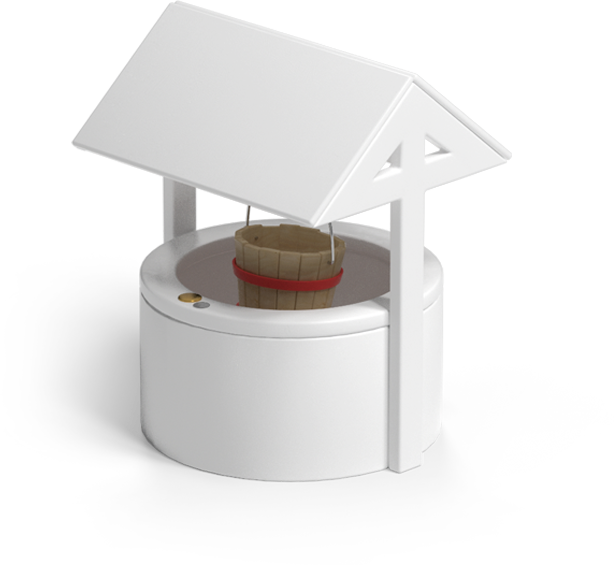A Guide To Buying Your Second Property
Owning a second property is more popular than ever. It is estimated that one in ten people in the UK have a second home, but there can be many reasons why you would want one.
By Jon Howe4/28/21
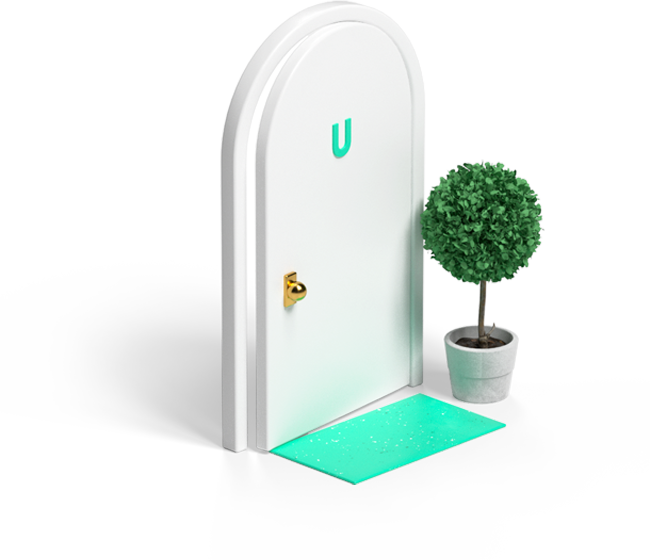
A Guide To Buying Your Second Property
Owning a second property is more popular than ever. It is estimated that one in ten people in the UK have a second home, but there can be many reasons why you would want one.
A second property might be the culmination of a long-held personal dream, or it could be slightly less romantic and simply an investment decision to make some cash. Either way the path towards owning a second property starts with deciding exactly what you want it for.
There are many complications to owning a second property and many things to consider, but the actual purpose is important in forming the process of how you are going to fund the purchase and how much it will cost you to own and run it.
This article will break down the many popular reasons why people choose to buy a second property, but it will also look closely at the financial and practical considerations of these different scenarios.
Tax is an important consideration, as with many financial purchases of this size and status, and whilst we will study this in more detail later, from the outset it is critical that you understand how a second property is categorised for tax purposes.
Essentially, your main home of residence is known as your ‘primary residence’ and anything else you purchase in your own name is known as your ‘secondary residence’, regardless of what you end up using it for.
As we mentioned above, to get your finances in order you need to know why you want to buy a second property, so let’s start by looking at some of the most common scenarios.
Why do you want to buy a second property?
There are two main reasons why you would want to buy a second property, and whilst there is potential for an element of crossover between the two, these can be categorised as for personal reasons, and as an investment.
Second property for personal and lifestyle reasons
If you have the cash or are able to put down a healthy deposit and can afford the mortgage repayments, then a second home can be a luxury purchase that really enhances your lifestyle and maybe satisfies a life-long dream or aspiration. So the second property could be for:
Saving on a commute
Maybe you work in the city but have a family home (your primary residence) elsewhere, and you don’t want to uproot your family.
Many people buy a ‘crash pad’ which enables them to concentrate on work during the week, before retiring back to the family home at weekends.
If you have a ‘full-on’ job this is a good way to separate the two lives and also saves on expensive commuting costs. This may also only be a temporary solution.
A hobbyist escape
It is possible that you want to find a property you can escape to in order to carry out a hobby which you can’t do in your own home. So this might be a property in which you can build a photography studio and laboratory, or an artist’s studio, or a recording studio.
It could be anything, but you should be wary about this evolving from being a hobby to a business, as that will effect things like insurance, mortgages and council tax rates.
Helping out a family member
This is a typical area where there can be some crossover into the world of investment. With it being so difficult for young people to get on the property ladder, you may decide to purchase a second home for your child.
This could be a residential property for them, but might also be a student flat to help them out when they go to university, in which case you can earn money out of it by also renting rooms out to your child’s fellow students. You may also buy a property to house an elderly relative. Either way, if your name is on the deeds, rather than the relative, then you are liable for costs such as stamp duty.
Holiday home
It is the dream of many of us to buy a property in our favourite holiday location and somewhere we are happy to retreat to year after year, or if it is in the UK you can use it for regular weekend breaks.
Buying a second property as an investment
Investing in a second property is becoming more and more popular as different routes to making money from property open up. As with any investment you need to be absolutely sure about what you are taking on, and that element of risk is naturally doubled by the fact you are buying a second property on top of one you already own.
- Buy-to-let: This is traditionally the most popular reason for buying a second property, because it earns money rather than the property sitting empty, and it keeps it maintained. However, being a landlord is a time-consuming and costly process. You can let the property yourself or you can employ a letting agent to manage the property for you, either way, if you choose the right kind of market, you can earn regular income from rent and possible capital growth when you come to sell the property. As mentioned earlier, a very popular route is for a parent to buy a student property to let out to their child and their friends whilst at university. This offers you peace of mind, gets them on the property ladder (in a roundabout way, you will still own the property) and is a good investment for the future. After they leave university you can keep the property on, if it is working for you, or sell it.
- Holiday let: Much like the buy-to-let market, a holiday let is a property you can make use of yourself, and also rent out to holidaymakers at other times of year. Equally, you can run the let yourself and make more money, or employ an agent to run it and pay them a cut of the profits. Set-up costs can be considerable for a holiday let and how you run the property can have tax implications, which we will look at shortly.
- Property development: Typically you would attempt to buy a property relatively cheaply and extend or refurbish it to sell quickly at a profit. This is also called ‘flipping’ the property. A good knowledge of the property market is required here, because location and timing is everything, otherwise you could be left with a property you can’t sell. In this respect it is important that you maintain a safety net and have money you can fall back on to cover essential costs at short notice. It is important that you judge the market carefully and keep a close eye on costs. Breaking even on a property wouldn’t be a disaster, if it allows you to move on to developing another property, but if you make good decisions and manage costs well, property development can be lucrative.
Considerations when looking to buy a second property
When you buy a second property you will still be subjected to the usual costs such as legal fees and survey fees, but the situation with mortgages and tax costs can vary considerably depending on what you are using the property for.
- Mortgages: Essentially, the golden rule is that the bank will always want to know what you are doing with a property you have a mortgage on, including when this use changes. Like with a primary residence, you need to calculate what you can afford to buy, and some professional mortgage advice is definitely recommended. There are some important factors that may come into play with a second property, however. If you are considering letting the property out then you will need a Buy-To-Let Mortgage, you can’t let a property out on a normal housebuyer’s mortgage. Many people consider re-mortgaging their primary residence in order to use the equity to buy a second property. This can be done if the bank is convinced you have sufficient equity, and they will also need to be convinced you can put down a 25% deposit, have good and reliable income to cover the mortgage payments, can provide details of expected rental income and have a good credit record. As an alternative option, you can switch properties and let out your primary residence and live in the secondary residence, but you will still need a buy-to-let mortgage for the property you are letting out. Similarly, if you have a holiday home and decide to let it out for more than a couple of weeks a year, then you need to inform the bank, and they will change you to a holiday let mortgage. If this holiday home is a secondary residence that only you live in, then you can use a regular housebuyer’s mortgage.
- Tax: A Government clampdown on landlords has meant the buy-to-let market contains more obstacles than previously, this includes tax relief being phased out on buy-to-let mortgages. The other big factor with secondary properties is relating to stamp duty. Of course you have to pay stamp duty on any property, but on a second property you have to pay a 3% surcharge on top of the normal stamp duty rate, this also includes for properties under the £125,000 threshold, from which stamp duty is exempt as a primary residence. You will also be liable to pay capital gains tax on a second property if it increases in value. This means you will be taxed at a basic rate of 18% on any profit you make from selling a second property, this is after your £12,000 allowance has been deducted from the taxable amount. With regards to holiday lets, it is important to understand that if the property is made available for paying guests for a minimum of 210 days per year, then it is classed as a business. This means that you can deduct any expenses from your income, before it is taxed, and this includes mortgage interest.
- Let-to-buy: This is a not-widely-known scheme whereby you can let your primary residence out as a means of being able to fund a secondary residence. Many people use this route if they are struggling for cash, but you can also use it if you are wanting a second property and can afford it, but are struggling to sell your primary residence, for whatever reason. You may also decide that you want to keep your primary residence as an investment, and hence let it out whilst you buy a second property to live in.
- Business use: If you are using a second property as a business as well as residential, then it is classed as a mixed-use property and hence you will have a reduced stamp duty charge. However, you will be subject to tax and business rates as a business owner.
- Running costs: You should also remember that as a secondary property owner, you will be subjected to the same running costs as you are for your primary property, such as council tax (although some local authorities reduce this for a second home), house insurance, utilities and maintenance. This can become an important consideration and whilst many bills can be covered by and built into rental income, unforeseen costs such as new boilers or central heating systems can be a burden, particularly as you are facing the same potential costs on your primary residence. In some respects, you are living day-to-day with your fingers crossed.
Should I buy a second property?
Wanting to buy a second property and being able to financially justify doing so, are two very different things. You must declare a change in status and your intentions for the property when attempting to secure a mortgage on the property, this will set out your tax and mortgage repayment responsibilities. Understanding these commitments will go a long way to establishing whether buying a second property is financially viable for you. You should seek professional advice on what the right mortgage product will be and hence what you can afford to borrow, you should also have a good understanding of the local property market as many of the reasons for buying a second property involve it being remote from your primary residence. You should never make assumptions that the two local markets behave in the same way.
Ultimately, the key factor is that you would always be very careful about buying one property, so you should be twice as careful about buying a second one. This means you should build a safety net financially in case things get delayed or go wrong, you should understand your tax commitments, you should have a good understanding of your investment return – if you are buying the property as an investment – and you should have an exit strategy at all times. In other words, how do you plan to sell the property when you are ready to, or if you are forced to? Having a back-up plan is not looking at the situation negatively, it is prudent and cautious management, which can impress a lender looking to give you money but mitigate their own risk, and help you secure a mortgage on the second property, but also, it might just be the lifeline you need if things don’t go to plan.
In essence, buying a second property carries risks, but as a luxury purchase many of us aspire to, it is achievable with careful planning and by following good advice.
Take a look at our other articles

